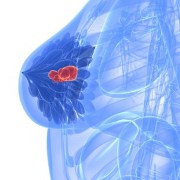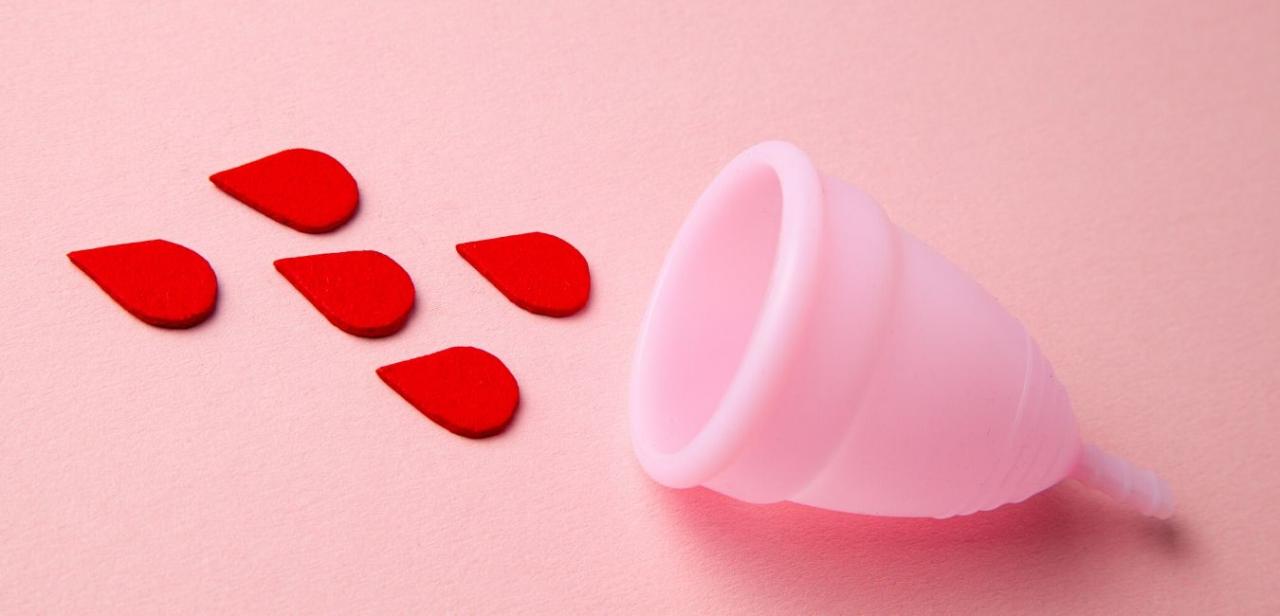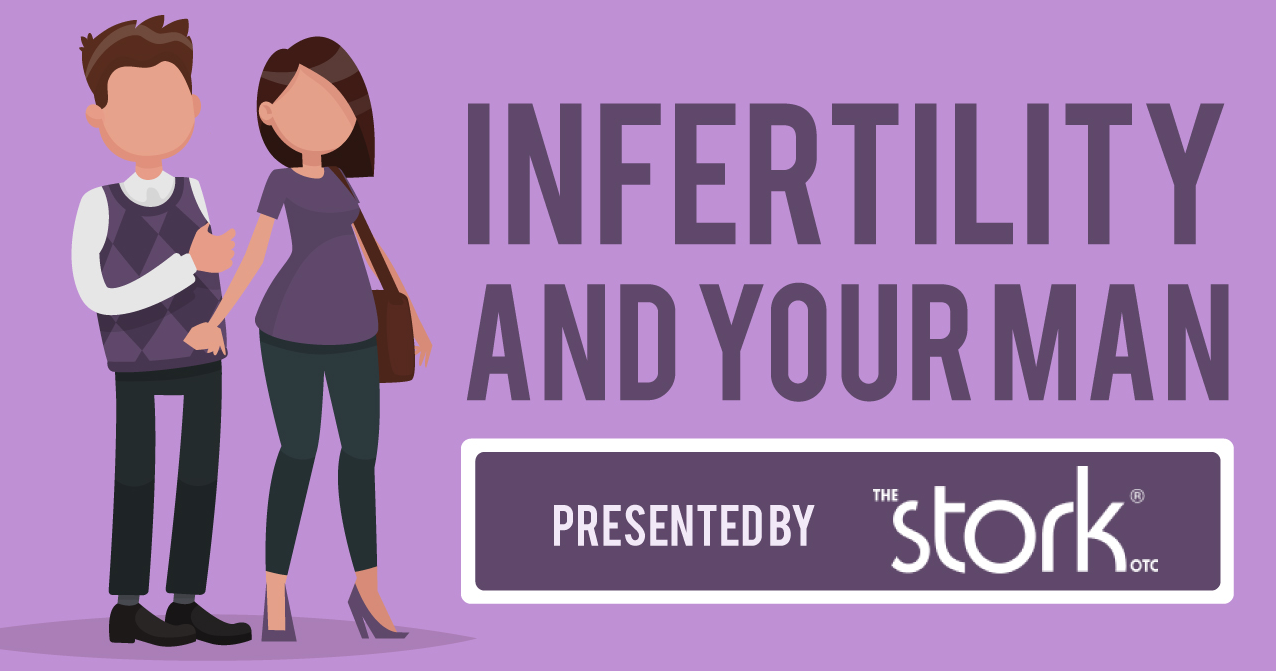 Photo: Getty Images
Photo: Getty Images
Women diagnosed with breast cancer before the age of 40 and treated with chemotherapy, hormonal therapy or both may experience early menopause, according to a study in the July 20, 2011 issue of JAMA, the Journal of the American Medical Association.
However, temporarily suppressing the ovaries with hormones during chemotherapy may reduce ovarian toxicity and decrease the incidence of early menopause in young breast cancer patients, Italian researchers’ preclinical data suggests.
Approximately 6 percent of U.S. and 12 percent of global breast cancer patients are diagnosed before age 40. Among all women under 40, African Americans have a higher breast cancer incident rate, and Hispanic/Latina women have a lower rate than White women. While fewer young Hispanic/Latina women are diagnosed with breast cancer than their ethnic counterparts, they are more likely to be diagnosed with larger tumors and late stage breast cancer, according to Susan G. Komen for the Cure.
For young breast cancer patients, fertility is a concern. Chemotherapy regimens are associated with a 40 percent or more incidence of long-term amenorrhea, defined as absence of menstruation, according to background information in the article. No standard strategies for preventing chemotherapy-induced ovarian failure are yet available, but preventing adverse treatment effects may be on the horizon.
In a phase III randomized trial, researchers from the Istituto Nazionale per la Ricerca sul Cancro in Genova, Italy induced ovarian suppression in some young patients with stage I-III breast cancer with hormones secreted by the pituitary gland, known as gonadotropin-releasing hormone or GnRH analogue triptorelin, before breast cancer surgery and/or chemotherapy.
In patients receiving the hormone-induced suppression, 8.9 percent experienced early menopause compared to 25.9 percent from the chemo-only group. After treatment, 49.6 percent of the chemo-only group resumed menses while 63.3 percent did in the chemotherapy plus triptorelin group.
“Our results suggest that temporarily suppressing ovarian function by administering triptorelin reduces the incidence of chemotherapy-induced early menopause," Lucia Del Mastro, the study author, said. "This treatment can therefore be offered to premenopausal patients with breast cancer who wish to decrease the risk of permanent ovarian failure associated with chemotherapy,”
Lynette Summerill, an award-winning writer and scuba enthusiast lives in Scottsdale, Arizona. In addition to writing about cancer-related issues for EmpowHER, her work has been seen in newspapers and magazines around the world.
Sources:
Effect of the Gonadotropin-Releasing Hormone Analogue Triptorelin on the Occurrence of Chemotherapy-Induced Early Menopause in Premenopausal Women With Breast Cancer. Mastro et al. JAMA. 2011;306[3]312-314. Abstract accessed online at http://jama.ama-assn.org/content/306/3/269.abstract
Who gets Breast Cancer: Racial and Ethnic Differences, Incidences and Trends. Komen for the Cure. Accessed online at:
http://www.komendenver.org/site/PageServer?pagename=rfcd_breast_health_who_gets_breast_cancer
Reviewed July 28, 2011
by Michele Blacksberg R.N.






Add a CommentComments
There are no comments yet. Be the first one and get the conversation started!